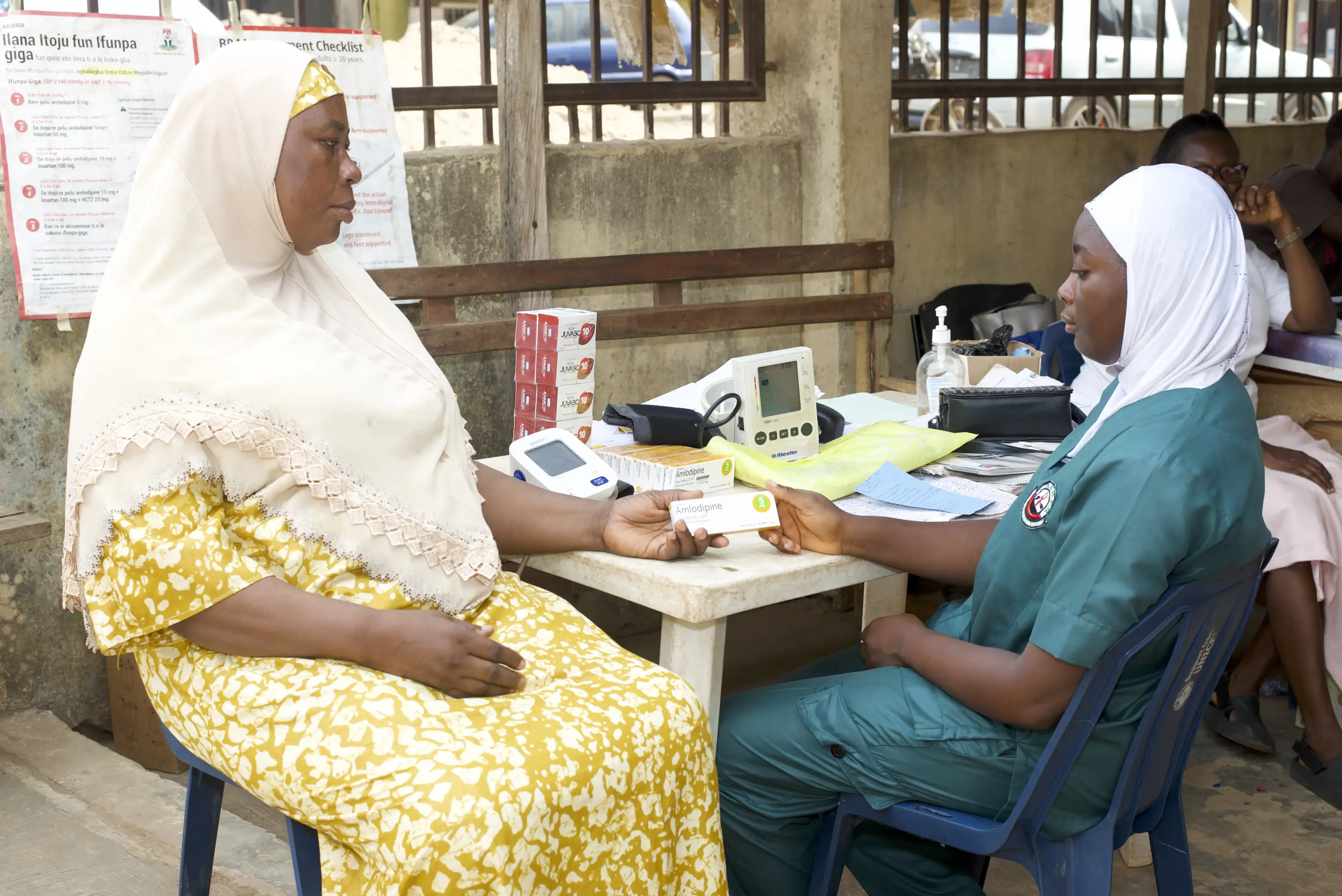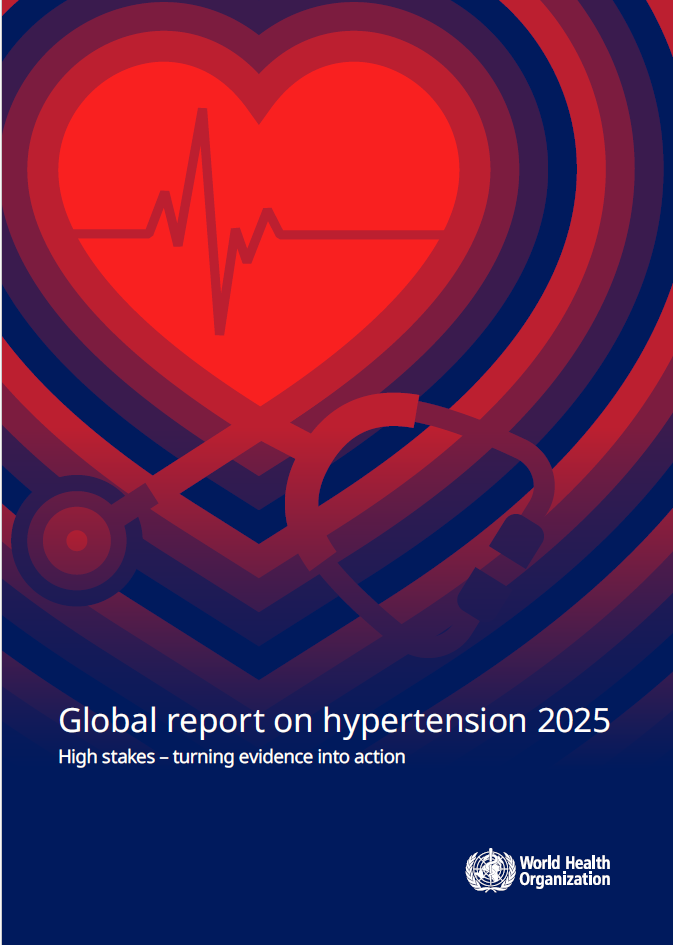Funding will accelerate initiatives to eliminate trans fats, reduce salt intake, and control hypertension in low- and middle-income countries
14 OCTOBER 2024 (BERLIN, GERMANY)—Resolve to Save Lives (RTSL) today announced a $10 million pledge to the World Health Organization (WHO) to accelerate collaborative work over the next four years to save lives from heart disease, the world’s leading killer.
The pledge will support the scale-up of initiatives in low- and middle-income countries to protect an additional 2 billion people from the harms of artificial trans fats, effectively treat an additional 20 million people living with hypertension, and drive progress reducing sodium intake. These actions are expected to prevent 5 million premature deaths over the next 25 years, adding to the 7 million lives saved through the partnership so far and building towards a goal of 100 million lives saved by 2047.
“Progress countries around the world have made shows that it’s possible to prevent heart disease,” said Dr. Tom Frieden, President and CEO of Resolve to Save Lives. “Our partnership with WHO supports countries to scale lifesaving policies and programs that can prevent millions of premature deaths from heart attack and stroke.”
Since 2017, WHO and RTSL have partnered on three high-impact interventions to protect heart and brain health:
- Eliminating trans fats from the global food supply
- Supporting countries to prevent heart attack and stroke through effective treatment of people with hypertension
- Reducing sodium consumption.
“Our partnership with Resolve to Save Lives is built on taking an evidence-based approach to cardiovascular disease prevention and catalyzing implementation of best practices,” said Dr. Tedros Adhanom Ghebreyesus, Director-General of the World Health Organization. “We look forward to continuing our close collaboration to scale up the momentum and action needed to address the risk of heart diseases, which are the world’s leading causes of death.”
Although heart disease kills more people annually than any other health condition, it receives less than 1% of all global health dollars. More than 18 million people die each year from heart attacks and strokes, the vast majority preventable. Nearly four out of five cardiovascular deaths are in low-and-middle-income countries, where they disproportionately affect younger, working-age people.
RTSL’s partnership with WHO is supported by philanthropic organizations that enable RTSL to identify and prototype innovative approaches and support scale-up through partnerships with community, national, and global health organizations. This new funding will enable WHO and Resolve to Save Lives to accelerate implementation of the following proven strategies:
Trans fat elimination:
In 2018, RTSL partnered with WHO to develop and support REPLACE, an initiative to eliminate artificial trans fat from the global food supply by providing governments the tools to regulate trans fat and manufacturers the recipe to do so. Since the REPLACE initiative was announced, 50 countries – covering half of the world’s population, up from just 6 percent before REPLACE – have protected their people from trans fats through policies eliminating this toxic chemical. This new funding will support governments to pass policies protecting an additional 2 billion people from the harms of trans fats and strengthen surveillance and laboratory capacity in governments to enforce these policies.
Hypertension treatment and control:
RTSL, WHO and other partners co-created the WHO HEARTS technical package, which includes proven blood pressure control strategies. RTSL supports global, national and local partners in implementing these strategies, with more than 28 million people enrolled in hypertension control programs. The newly pledged funding will focus on improving blood pressure control in primary care settings in low- and middle-income countries, using effective information systems to reach an additional 20 million people, and supporting the further development of guidance for people living with hypertension, including treatment with statins. The focus is on effective care through strong primary health care systems to achieve documented blood pressure control to 140/90, or lower if a country chooses a lower target for some patients, and provision of statins to patients who meet country criteria for receiving them.
Sodium reduction:
Eating too much salt raises blood pressure and the risk of cardiovascular disease, heart attack, stroke and kidney disease. Since 2017, RTSL and WHO have partnered to encourage countries to adopt salt reduction strategies in packaged foods, food prepared in the home and food prepared outside the home. The new funding will support the development of global guidance for countries to adopt salt reduction policies, including WHO’s SHAKE technical package, the 3rd edition of the Global Sodium Benchmarks with a step-by-step guide for countries to use the benchmarks to set salt targets, and the second global sodium report.


